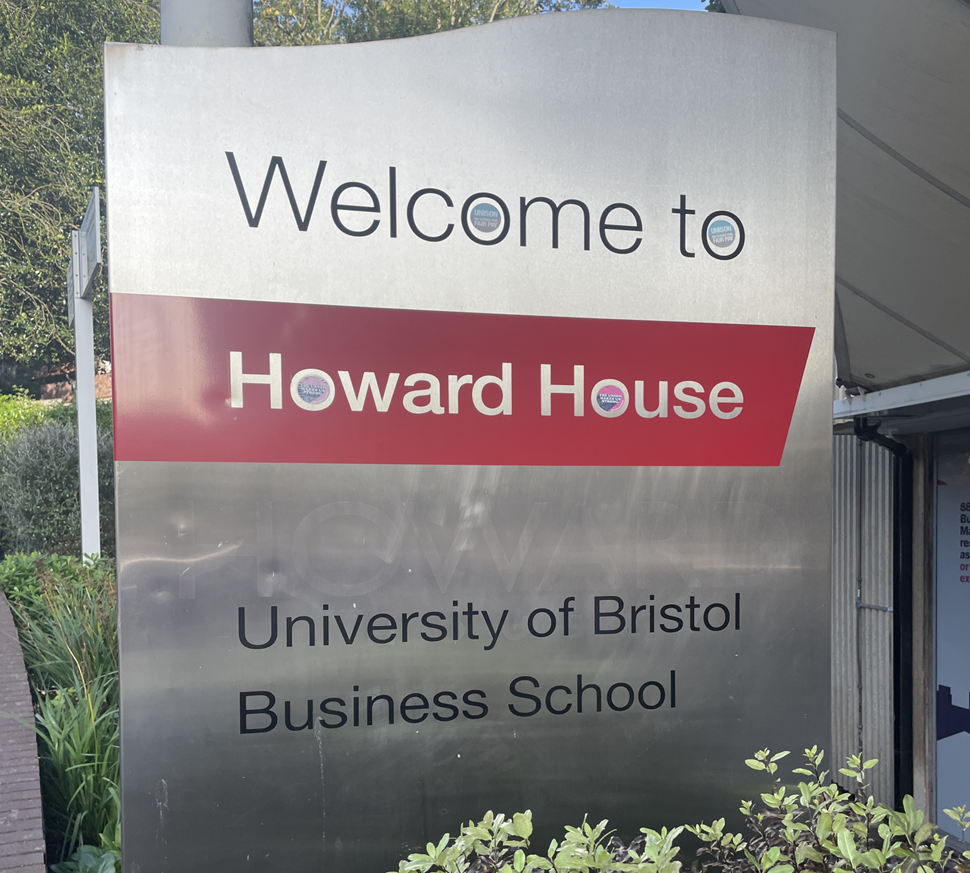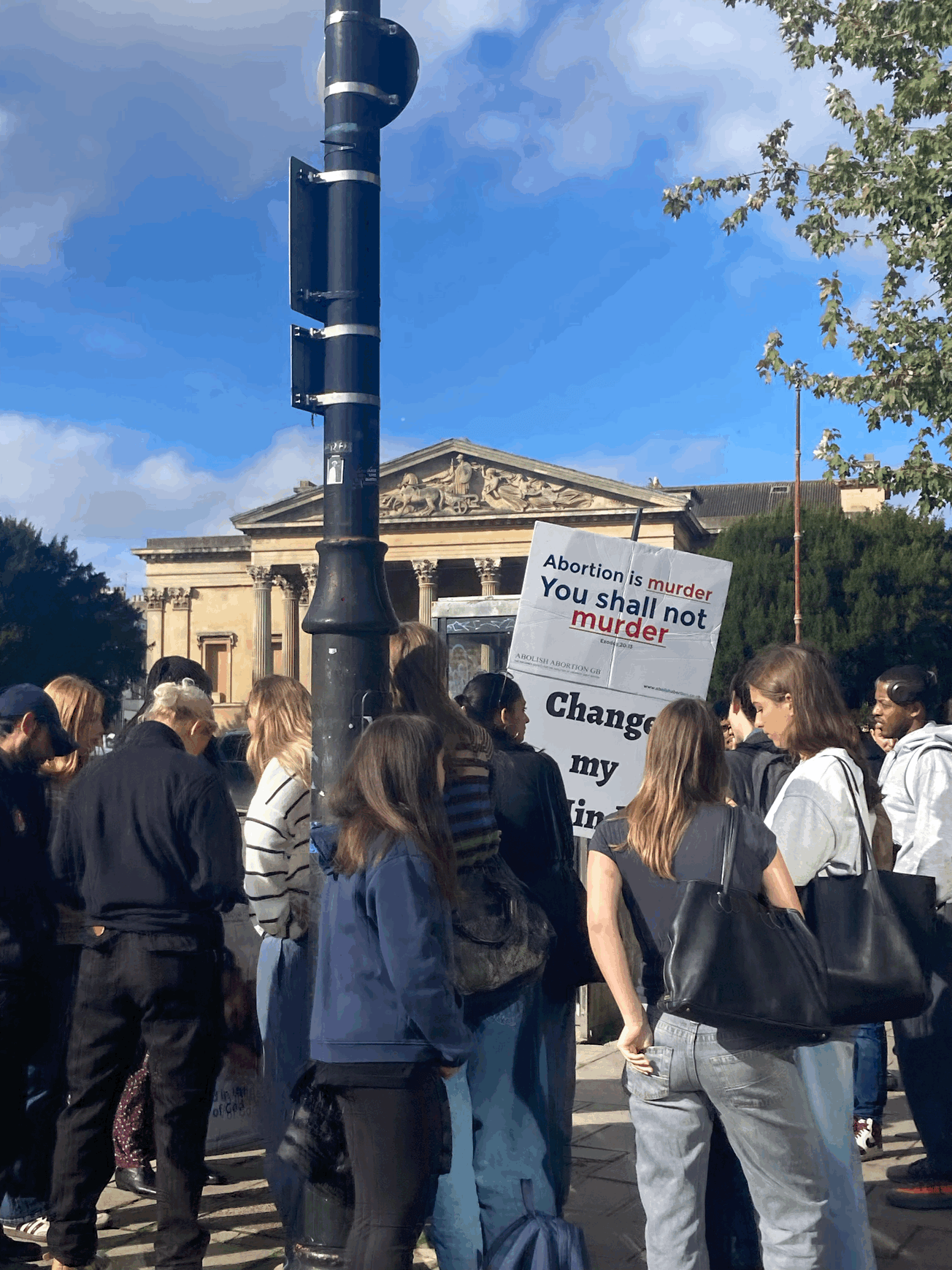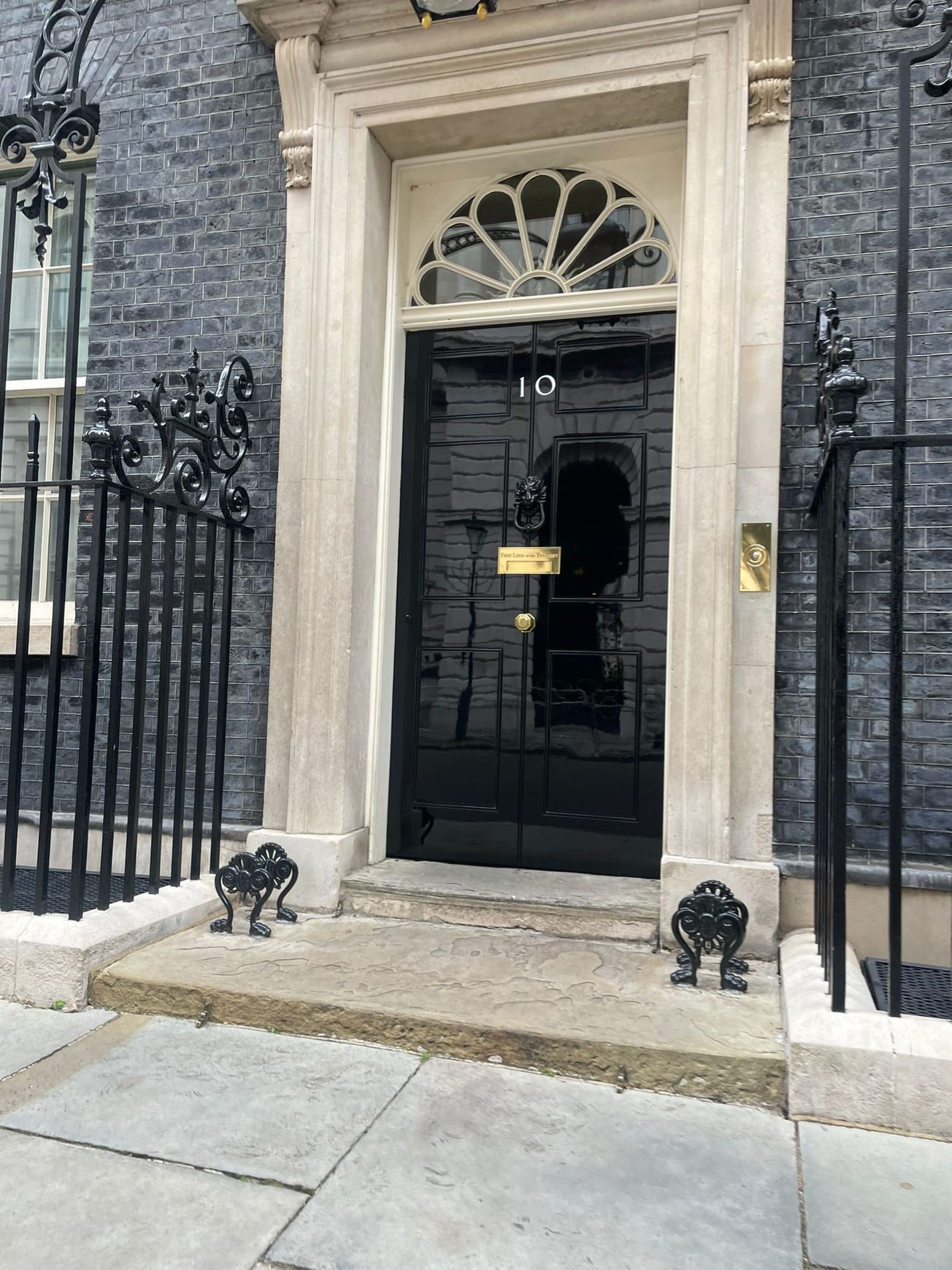By Maud Humphries, News Digital Editor
The announcement came in July from the Conservative PM that the government will take action on higher education courses that they feel are 'low-value'. This action, much anticipated, is in response to the Augar review under May's government in 2017 looking into the quality of courses offered at university.
The press release in July on the government website titled 'Crackdown on rip-off university degrees' quoted the education minister Gillian Keegan:
"These new measures will crack down on higher education providers that continue to offer poor quality courses and send a clear signal that we will not allow students to be sold a false promise.”
The government's standard for what counts as low-value is based off of 3 statistics. Courses are expected to have 80% continuation rate, 75% completion rate and 60% going on to professional employment, further study or starting a business in the first 15 months after graduating.

A consultation into which courses and universities this policy would affect was undertaken by the Think Tank Onward. They found that Wolverhampton University had the highest number of 'low-value' courses, at 5. Equally the courses most frequently on the list are Sociology, Social Policy and Anthropology, Business and Management, and Psychology.
Critics and the opposition arguing against this policy see it as just another barricade on young people's future, particularly those from minority or disadvantaged backgrounds. The list did not feature any Russell Group or Oxbridge University courses, signalling the most accessible degrees and universities would be hit first by the cap.
The education minister insisted it was not an attack on the arts and humanities. However, this government has been seen to be pushing STEM subjects and education that promotes economic growth, as well as the PM's announcement this year to make Maths compulsory at A-level.
A 2019 @ukonward paper (foreword by @GillianKeegan & @NeilDotObrien) found 1 in 10 graduates earn less than £25k 10 years after graduating. 1 in 5 would have earned more as apprentices.
— Adam Hawksbee (@ahawksbee) July 15, 2023
Low value degrees limit social mobility - they should be capped.https://t.co/JKtISjACor
The education minister, Keegan, also believes the policy to be important because:
"students and taxpayers rightly expect value for money and a good return on the significant financial investment they make in higher education."
When asked if they felt their course was value for money, a University of Bristol second year Sociology student replied: "No, because we are missing out on teaching and marking. I think if we were to get value for money we would need more seminars per week."
Equally, a University of Bristol Business student agreed: "Students pay more than is required. The course is not value for money."
Although the University of Bristol does not feature on the courses at risk of being capped, a feeling of not getting value for money is not restricted to the list published by Onward and to be used by the government. If the policy goes ahead it will go to the higher education regulator for England in 2024-25.
Do you think the government is right to go after 'low-value' degrees?







